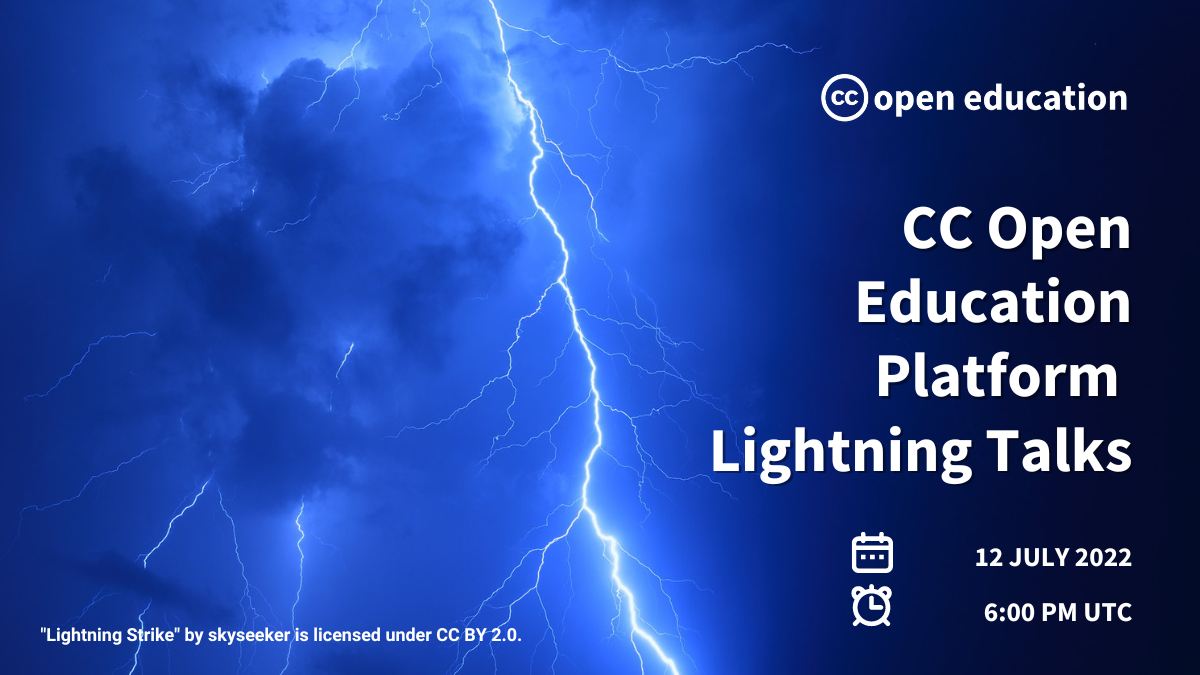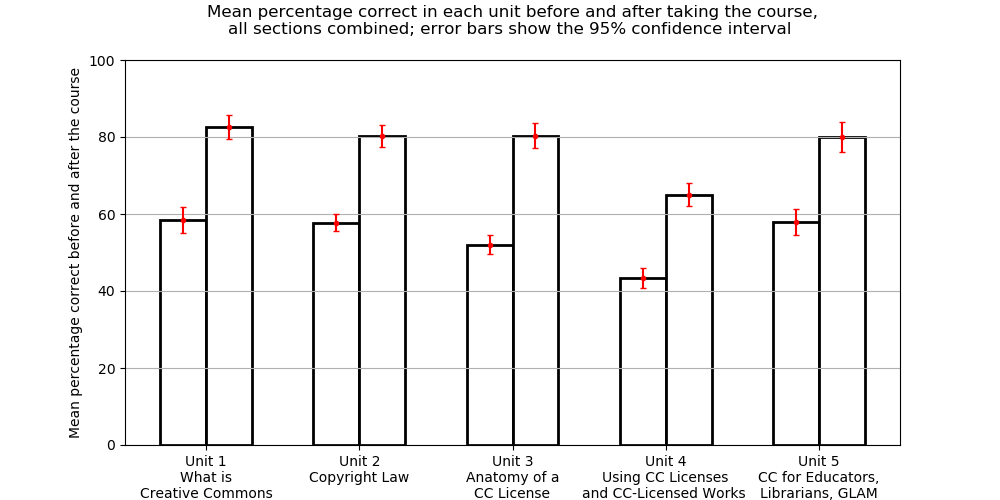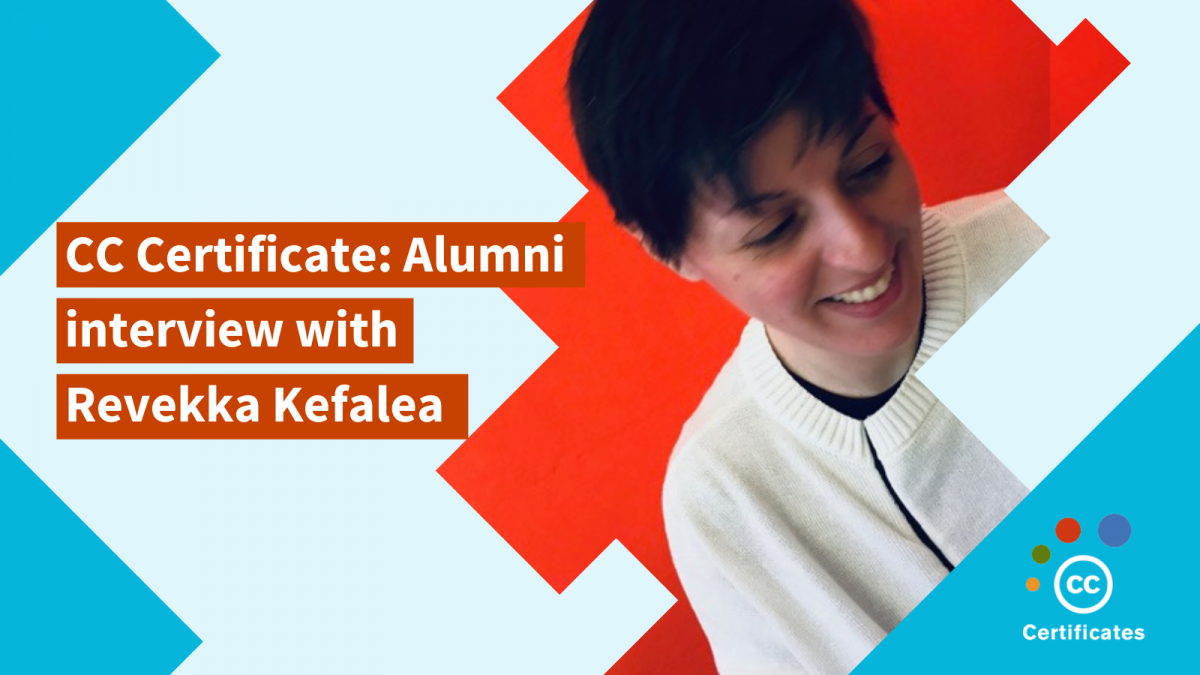马歇尔·萨林斯想让互联网成为传统小册子制作的新媒体。Sahlins, a celebratedanthropologist at the University of Chicagoand the founder ofPrickly Paradigm Press, has decided to re-release the press’s backlist with “some rights reserved.” This week, Prickly Paradigm goes online with thepublication of five pamphletsunder a Creative Commons license.
Alex Golub, a graduate student at the University of Chicago, recently spoke with Sahlins about his project.
Creative Commons: What is Prickly Paradigm Press and how did it come about?
Marshall Sahlins: Well, Prickly Paradigm is a pamphlet producing press—that’s a five-word alliteration—which began as the heir of a British press called Prickly Pear. Prickly Pear was founded by the anthropologist Keith Hart in 1993 and published ten pamphlets. It then branched into North American and British offices, which were essentially independent of each other—they worked independently of each other and there was no total organization. I had already written a pamphlet for Prickly Pear calledWaiting for Foucault几年前,我还写过另外一些东西,我认为它可以写在仙人球的小册子上。我没有把它作为小册子出版,但当时我联系了马修·恩格尔克,他当时是仙人球北美分部的负责人,当时他是弗吉尼亚大学人类学的研究生。他告诉我,他无法出版我的小册子,因为他没有足够的钱,因为只有当他能从那些已经出版的小册子中获得足够的回报时,他才能出版。按照这个速度,他大约每年出版一次。所以我问他出版一本小册子需要多少钱,他告诉了我,我想如果我能筹集到足够的资金,我们每年至少可以出版四到六本小册子,如果我们接管了出版社。所以我基本上继承了出版社,我成立了一个有限责任公司来出版这些小册子。
The first thing we ran into was that we had to change the name, because there were already three Prickly Pear presses in the United States, one of which had been in existence for twenty-three years. We had already gotten mail addressed to them—it was not a good idea to continue that name. So we developed a new name, Prickly Paradigm Press, and we started publishing. The first thing we published was a revision of my pamphlet,Waiting for Foucault, which was now calledWaiting for Foucault Still, and there will be a further edition in the not too distant future calledStill Waiting for Foucault, Yet—each edition enlarged by about fifty percent. In the first half-year we published five pamphlets; the next semester we published four more. We then published another four, and the fourth semester we were in business we published two. So we’ve published fifteen pamphlets altogether. Our aim is not to publish anthropology pamphlets exclusively, or even preferentially. Approximately forty percent of these pamphlets are by anthropologists and about anthropology, but we range over quite a bit of other territory, some of it political, some of it in the fields of art criticism, economics, and cultural studies, one on academic publishing.
CC: So there’s really an idea that it’s sort of a pamphleteering outfit in the old style of public distribution of pamphlets?
MS: Yes. The object was to give people free reign to talk about things that they wouldn’t normally talk about or that were beyond their particular discipline, something that they thought was of general interest, that they could get off their chest without having a big scholarly apparatus, footnotes and so on. We wanted them to just let go, and that’s the way we’ve published. It’s the old pamphlet form, yes. But the fact that we are going into a Creative Commons licensing scheme also indicates something that was said about us very early on in theNew York Times也就是说,我们提出了这样一个问题:互联网是不是新的小册子舞台?博客作者和他们的同类是一种新的小册子写作形式,这种说法有一定道理。因此,我们以这种方式上网的事实,与我们观察到的网络已经接管了公共领域的讨论功能是一致的,也与我们自己的方式和精神是一致的。
CC: Have you encountered resistance from your authors about publishing for free?
MS: About going free?
CC: Yeah.
MS: There was only one. I would like to mention his name, but… Well, he resisted in all sorts of ways about all kinds of things, including accusing us of keeping his royalties! And we’ve had a couple of “I’ll wait and see” responses. But basically the responses are positive, ranging up to “I’m proud to be associated with a press like that.”
CC: How much do you think this model of publishing with Creative Commons licenses or new kinds of copyright reform is going to affect academic publishing more generally? Do you see Prickly Paradigm as the cutting edge of a new movement to publish online?
迈克尔-舒马赫:坦白地说我没有。这只是我的猜测,但我认为仙人仙人掌代表了这种方法的效用的极限。当你打开一本300页的书时,你不会坐在屏幕上看——至少我不会,我认识的许多人也不会。此外,大多数人没有能力轻易地复制它;以这样的速度工作的打印机会使它变得便宜和容易。So when you I opened something like Lessig’s last book, which is available free online, —I mean, the name of the book isFree Culture, as I recall— and after you read the first couple pages, well, my reaction was that I went and bought it! So, the pamphlet is a better idea. Our pamphlets run in a small format. They’re are four and a half by seven inches, and they run up to about twenty thousand or twenty-five thousand words—maybe eighty pages to one hundred in this small format—so you can read it on the Net. It is worthwhile to have it available for free, especially because the cost of publishing being what it is, we have to charge ten dollars at the bookstores. And it’s not just the cost of printing. We are distributed by the University of Chicago Press, which takes a healthy chunk of our returns. So the effect is that we don’t make a lot of money, to put it mildly! If we break even I’m happy. Just to continue publishing is the aim. Our books are too expensive, frankly, and the Net is for us a good alternative.
CC: Are you worried that the Net is going to cut into the sales of the printed pamphlets?
MS: Well as I envision it, we will keep the new pamphlets off the web site for a year or so, hopefully just to break even. My position is that once we’re even, it can go free. None of our authors and none of our publishers and certainly not me, above all, are in this business for gain. I mean, I write a lot of things for academic journals for which I never see a penny. And I’ve written books that I do see a penny for, but it’s literally about a penny for an hour of hard labor. None of us is making a living off of this. Most of us feel that our ideas for the most part come from other people, and it’s certainly the case that we want them to be disseminated among other people. So free distribution seems to me correct. The only constraint I put on it is this one that I would like to be able to break even so that we can continue to function.
CC: Right, and that’s just really to make sure that there’s still a paper copy somewhere.
MS: Yeah, we’ll always keep the copies in paper available in bookstores.
CC:那么媒体的下一个目标是什么?你认为它未来的运营会是怎样的?计划是什么?
MS: We have just published three books that are getting considerable play. One is by James Elkin, calledWhat Happened to Art Criticism,它太受欢迎了,我们不得不重新印刷。The second is David Graeber’sFragments of an Anarchist Anthropology-他是耶鲁大学人类学的助理教授。Finally, we’ve released a book by Lindsay Waters, who is the humanities editor at Harvard University Press, on academic publishing, a book calledEnemies of Promise.它得到了大量的宣传,包括大量的争论,在英国和美国的媒体上都有。We’re about to publish a pamphlet by Harry Harootunian, a well-known historian of Japanese history and well-known theoretician of history at New York University, calledThe Empire’s New Clothes.我们还出版了另一本由Bruce Kapferer写的小册子,他是卑尔根大学的教授,同样是关于美帝国主义的。我们还准备了几本书,包括苏珊·麦金农的,关于社会生物学的,基思·哈特的,还有爱德华多·维维罗斯·德·卡斯特罗的,关于亲属关系本质的。所以我们有很多。我们也收到了一些不请自来的稿件——稿件正从舷窗上飘过来。最近,我们从里克·珀尔斯坦那里得到了一些很有趣的东西,可能会变成一本小册子。所以有很多事情要做。如果我们有更多的钱,我们可以做更多的事情。
CC: Cool. Well, is there anything else you want people to know?
MS: I just want to say that I truly support the idea of the free dissemination of intellectual information, and that I truly lament the various forms of copyrights and patents that are being put on so-called intellectual property. I also lament the collusion of universities in licensing the results of scientific research, and thus violating the project of the free dissemination of knowledge that is their reason for existence. So I consider it an important act to release these books under a Creative Commons type of license. I’m happy, and also a little proud, to do so.




